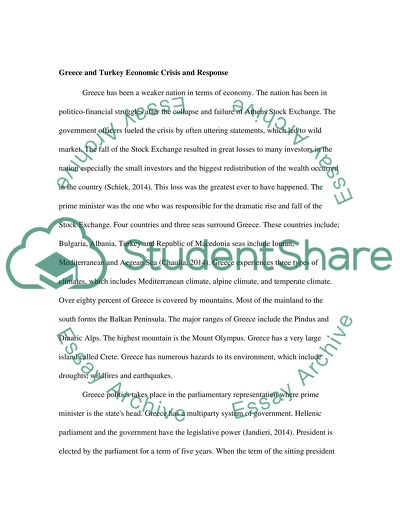Cite this document
(The Impact of the Global Economic Crisis in Greece and Turkey Essay, n.d.)
The Impact of the Global Economic Crisis in Greece and Turkey Essay. Retrieved from https://studentshare.org/macro-microeconomics/1685401-the-impact-of-global-economic-crisis-and-responses-to-it-the-case-of-greece-turkey
The Impact of the Global Economic Crisis in Greece and Turkey Essay. Retrieved from https://studentshare.org/macro-microeconomics/1685401-the-impact-of-global-economic-crisis-and-responses-to-it-the-case-of-greece-turkey
(The Impact of the Global Economic Crisis in Greece and Turkey Essay)
The Impact of the Global Economic Crisis in Greece and Turkey Essay. https://studentshare.org/macro-microeconomics/1685401-the-impact-of-global-economic-crisis-and-responses-to-it-the-case-of-greece-turkey.
The Impact of the Global Economic Crisis in Greece and Turkey Essay. https://studentshare.org/macro-microeconomics/1685401-the-impact-of-global-economic-crisis-and-responses-to-it-the-case-of-greece-turkey.
“The Impact of the Global Economic Crisis in Greece and Turkey Essay”, n.d. https://studentshare.org/macro-microeconomics/1685401-the-impact-of-global-economic-crisis-and-responses-to-it-the-case-of-greece-turkey.


